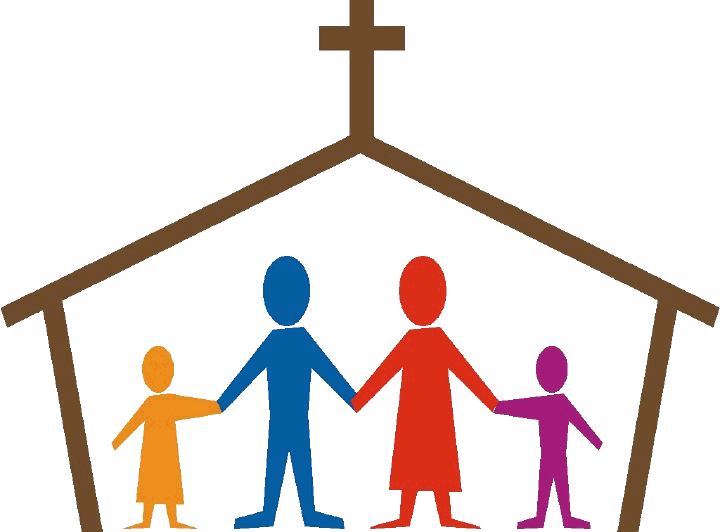Religious leaders acknowledge that the mental health conversation in Rwanda has grown louder and more urgent due to the rise in depression, suicide, and trauma cases, especially among the youth. This is why they have stepped up efforts to respond to the issue. They acknowledge that beyond the pulpit, faith and professionalism must work together, moving beyond the myth that focuses solely on spiritual guidance, and instead increasingly embrace mental health education, counselling, and advocacy. ALSO READ: Religious extremism: When does faith turn into cult? A 2024 study by HDI Rwanda found that among 875 domestic workers, 287 (32.5%) experienced suicidal thoughts, 84 (9.5%) had made suicide plans, and 69 (7.8%) had attempted suicide. Most were aged 18–26, with women more affected than men (35.3% vs. 25.7%). ALSO READ: Early signs of mental health struggles you might be ignoring According to Sheikh Yussuf Mugisha, when God created people, He organized everything for them. “Some are temptations but when those temptations come, they shouldn’t make you feel like it’s the end of your life. You should know that you are in a test and you have to pass it. From there, you need to be patient and supplicate most to the almighty,” he noted. The Sheikh explained that Muslims believe that when you encounter challenges, there are always chances and choices. “When you hit challenges, know very well that you cannot overcome them unless you choose your choice. When you have your choice then there are chances. The only choice a person can get through temptations, is that you have to strive, stand still,” he said. He affirmed that Imams are adapting, acknowledging that trauma and depression are no longer issues the mosque can ignore. Thus, through partnerships with health workers, the mosque established mental wellness programmes open to all and focusing on educating Muslims about religious and clinical perspectives. “We have trained counsellors who attend to people with a normal mental crisis. We also have Muslim doctors who usually intervene when the situation is beyond their capacity. We arrange for them to receive help, he said. ALSO READ: 35% Genocide survivors have mental health problems – RBC At the Anglican Church of Rwanda, Archbishop Laurent Mbanda, who also serves as Vice Chairman of the Rwanda Interfaith Council (RIC), said a number of pastoral activities in counselling have been initiated. These involve listening, prayers and scriptural use. The latter “if done well by trained individuals, pastors, or other trained people in the church can highly contribute to both physical, spiritual and in fact holistic healing,” he said. ALSO READ: False preachers: How to spot deception at the pulpit “A well-trained person can use faith and psychology. Both can work together to help a person develop an integrated Christian world view. We have to admit that Christian faith combats despair,” he added. Mbanda warned against the dangers of over-spiritualizing based on false teaching. “This is where counselling is not for all pastors or anybody but trained people. Otherwise, we can do more harm than good. The Council of Protestant Churches has trained many people in churches, both lay and pastors. So, we have those who are trained and can offer help,” he said. “I want to emphasize that pastors should make referrals to trained people – listen, pray, encourage with scripture yes, but not manipulate,” he added. ALSO READ: How best can employers reduce stress in the workplace? Health workers say that faith-based organisations uniquely complement national mental health efforts due to their trusted community presence. “Churches and mosques reach people that clinics often don’t,” said Chaste Uwihoreye, a clinical psychologist. They help individuals feel a sense of belonging, which is essential, especially when they experience feelings of loneliness and social withdrawal. Socialization is among the healing strategies because they worship and pray together. Meditation comes next door although it is done from an individual’s perspective. They also express their emotions through church activities, including dancing, singing, and testimonies. Uwihoreye pointed out that some believers may misinterpret a mental health condition as ‘demonic spirits,’ leading to over-spiritualization due to false teachings and a lack of understanding of critical situations. “Someone might suffer from epilepsy or mental isolation and wrongly call it a demonic attack. That is a serious mistake. In some cases, a person might not show clear symptoms and, instead of seeking proper medical help, turn to prayer requests, which may not provide effective assistance alone. It’s even more concerning when people go to churches instead of seeking medical help. Those in such roles should always refer the person to the appropriate medical services for proper healing,” he said. Uwihoreye is especially concerned about “false prophets” who use their gospel as a marketing tool. They may mislead people with false prophecies. As a result, someone may fully believe in prophetic declarations and avoid medical treatment completely. Yet in the end, the promised healing never happens,” he explained. “There needs to be a partnership with the government to offer capacity building, screening skills, first aid training, and more. Faith is important, but it must be practiced professionally. Belief should go hand in hand with mental health awareness. The government must also stay actively involved in monitoring these practices to prevent harm and ensure public safety.”
Provided by SyndiGate Media Inc. (
Syndigate.info
).







